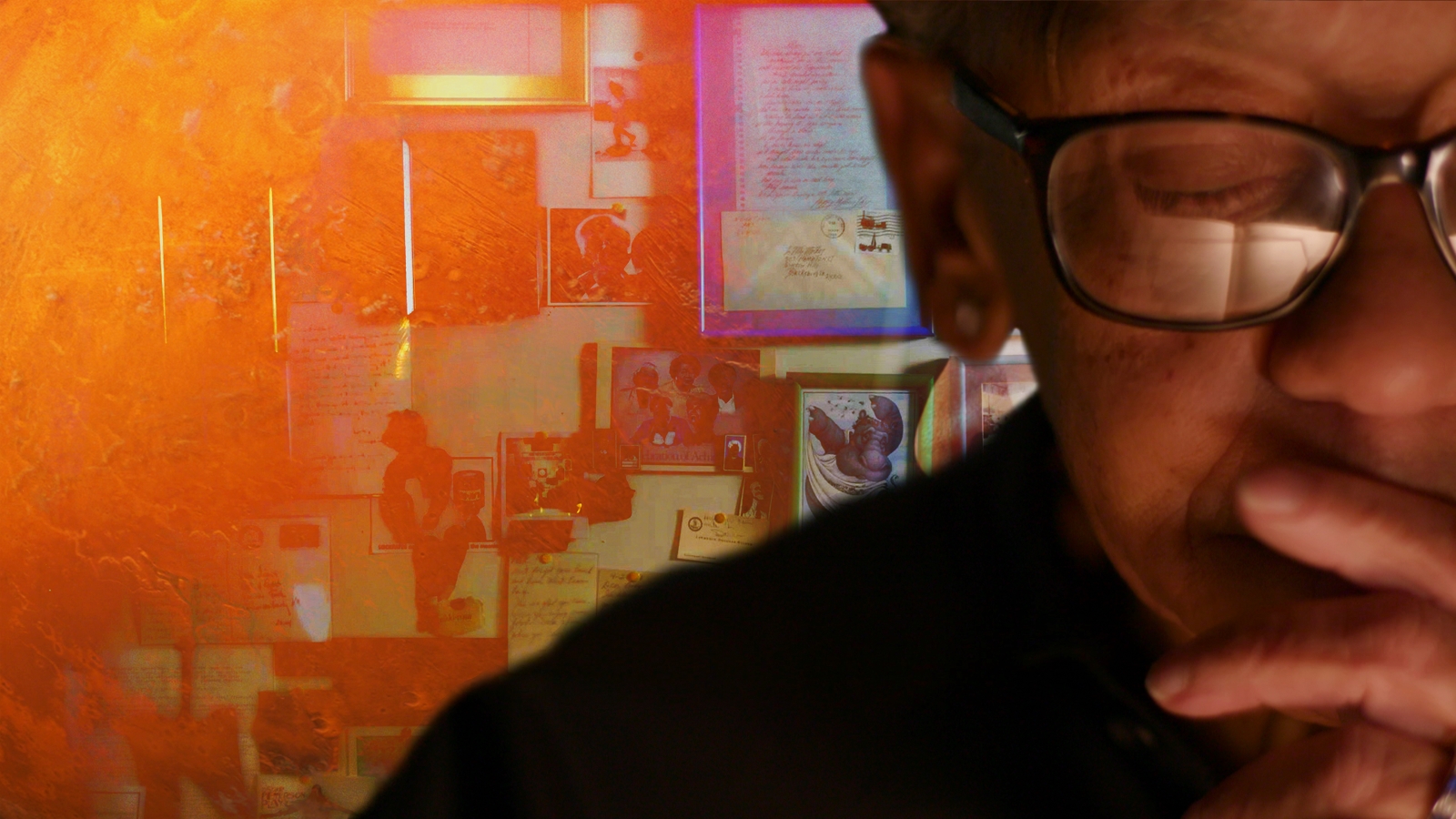Going to Mars: The Nikki Giovanni Project
(USA, 102 min.)
Dir. Joe Brewster and Michèle Stephenson
Programme: U.S. Documentary Competition
Some people are just built differently. They’re born with a magic quality that connects and draws people to them, and more likely than not, they’re destined to do something extraordinary with their life. Nikki Giovanni is one of those people.
A poet, activist, and writer, Giovanni came of prominence during the 1960s for her poetry about the Civil Rights movement and Black Power movement. Throughout her life, she has continued to write her truth as a Black person and as a woman, constantly advocating for equity and equality among races and genders. Giovanni was also a key member of the Black Arts movement (BAM) who championed and promoted Black pride through art; other members of BAM included Maya Angelou and Amiri Baraka.
Directors Joe Brewster and Michèle Stephenson detail many of Giovanni’s accomplishments in Going to Mars: The Nikki Giovanni Project, as well as catching up with her in the present. Using clips from the abundance of Giovanni’s archival footage, we’re taken back to the ‘60s. There’s a lot of performance footage included, which helps uninitiated viewers familiarize themselves with her work and voice. The most striking of the footage features her appearances on Soul!, the variety television show that ran from 1968 to 1973 showcasing Black art and literature.
Her 1971 conversation with James Baldwin on Soul! is a particular focus (and highlight) as clips are spliced in throughout the film. The two have an open and frank discussion about everything from the relationship between Black men and women to the power of art and the written word. Brewer and Stephenson are purposeful in the clips they feature, typically finding a link to present-day issues. Giovanni and Baldwin’s discussion on policing in particular is a touch point. (As an aside, their full conversation is available on YouTube and well worth the two-hour watch.)
Although diving into Giovanni’s past work is, of course, necessary, I found the clips from present-day to be more enlightening for understanding who she is and what she stands for. With so many years behind her and seeing the world change around her, Giovanni’s wisdom has only grown. As she deals with the death of family members (leaving her as the oldest member of her family) and her own cancer diagnosis, Giovanni faces her mortality with the same steadfast resolve we see in clips from her youth. For instance, we learn that Giovanni had a mastectomy after a tumour was found in her breast, and during a speaking engagement as she rhapsodizes about the benefits hearing aids, she tells the audience, “I took a tit off and added an ear.”
The title of the film comes from Giovanni’s assertion that space travel, particularly the exploration of Mars, can only be truly understood by Black Americans who have always been aliens in their own home. Black women in particular, she contends, are the ones who should lead this mission — the portion of the population that has withstood so much and cared for so many.
I wasn’t familiar with Giovanni prior to watching the film and was struck at one of the scenes showing her at a book signing. Men and women of all ages approached her to tell them what she meant to them, how they were inspired by her, even how they named their daughters after her. There’s a strange shame that comes with being late to the party for someone like Giovanni given her impact on art and her community. However, Giovanni’s wisdom is evergreen. No matter what one’s age, race, or generation, her words will find their way straight to your soul.













